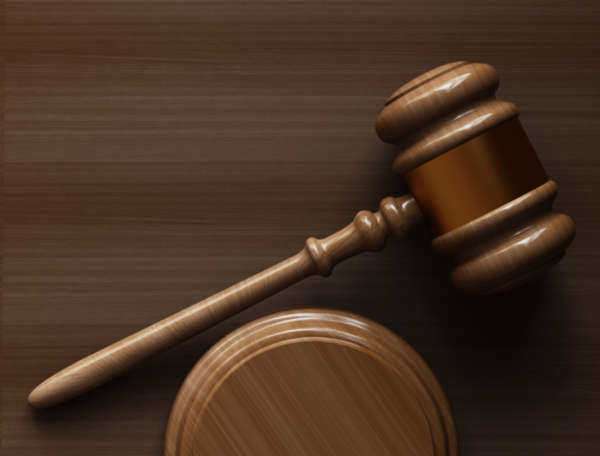Know The Rule of Law
The concept of the rule of law has been at the center of many philosophical debates for centuries, and it remains an essential pillar of modern society. It refers to the principle that everyone, including governments and individuals, is subject to the law and must obey it.
The rule of law establishes a framework for stable and predictable legal systems. It ensures that legal determinations are made based on objective criteria rather than the whims of those in power. This means that courts, rather than political leaders or others in positions of authority, are the ultimate arbiters of legal disputes.
The rule of law also creates a level playing field for all members of society. No individual or group is above the law, and everyone is afforded the same legal protections. This helps to prevent abuses of power and ensures that justice is served equally.

One of the most significant benefits of the rule of law is that it creates an environment where businesses can thrive. Investors can be confident that they will be able to operate in a stable and predictable legal environment, which is essential for long-term economic growth. This, in turn, leads to more job opportunities and higher standards of living for all.
Despite its importance, the rule of law is not a given in all countries. Many places struggle with corruption, authoritarianism, and other forms of abuse of power, which can undermine the principles that underpin the rule of law.
In conclusion, the rule of law is essential for upholding justice, ensuring order, and promoting economic growth. It establishes a level playing field, provides legal protections, and prevents abuses of power. By working to uphold and strengthen the rule of law, we can help to build more prosperous and just societies for all.
The rule of law is a basic concern in the creation of the Constitution. Constitutional law can only be fully and effectively implemented when the laws of a country or region as a whole are respected by the citizenry and the Government. When such a condition has come to pass, then it may be considered that the rule of law is present.
Placing Constitutional law on a firm and decisive basis is generally a necessary step for assuring such a situation. While the basic utility of the rule of law as a wise and needed principle is not often questioned, the vagueness of the basic definition affords for plenty of ambiguity.
Various schools of thought in Constitutional law differ about when and where the rule of law can be located and how, failing such evidence, it should be created. The basic understanding of rule of law, as can be found in arguments ranging from classical Greek philosophy to late 18th Century America, rests on the distinction drawn between it and the rule by law. The latter is commonly depicted as the prior state of human politics and administration by advocates for the former.
Plato, for instance, wrote that the state should be the "slave" of the law. In rule by law, legal statutes are understood as simply the devices of the ruler, who is free to alter their substance if necessary. For Constitutional law to function, by contrast, even the administrators of the law must be subject to its provisions. Modern legal theory distinguishes between substantive, formal and functional approaches to defining the rule of law.
A substantive reading of the rule of law makes judgments about the rightness of the rights it grants or takes away. Such a school can allow for it to be quickly determined, for instance, that a society does not truly allow Constitutional law to operate, but is in practice authoritarian or totalitarian, as was found in various governmental systems in the 20th Century. Formal theory, as the name suggests, does not discriminate between various legal systems according to how palatable the observer finds them.
Rather than examining the specific provisions of law, it examines the general ways in which those laws are implemented, looking for some basic qualities. Functional rule of law theory relies upon the traditional dichotomy between rule of and by law and finds the former to be present in societies in which government is heavily restricted by its own rules, which some societies may dislike as a cause of inefficiency. The actual term "rule of law" and the modern theory surrounding it are attributed to A.V. Dicey, an English expert on Constitutional law.
He formulated the theory for the purpose of describing how the British governmental system manifested this quality. According to Dicey, England had the basic qualities of a government which lacked the capability or tendency for "arbitrary power," citizens who were equal "before the law," and a constitution that had been created through "the ordinary law of the land". More recent rule of law standards examine the extent to which citizens feel themselves to be safe and the trust they feel toward the Government.